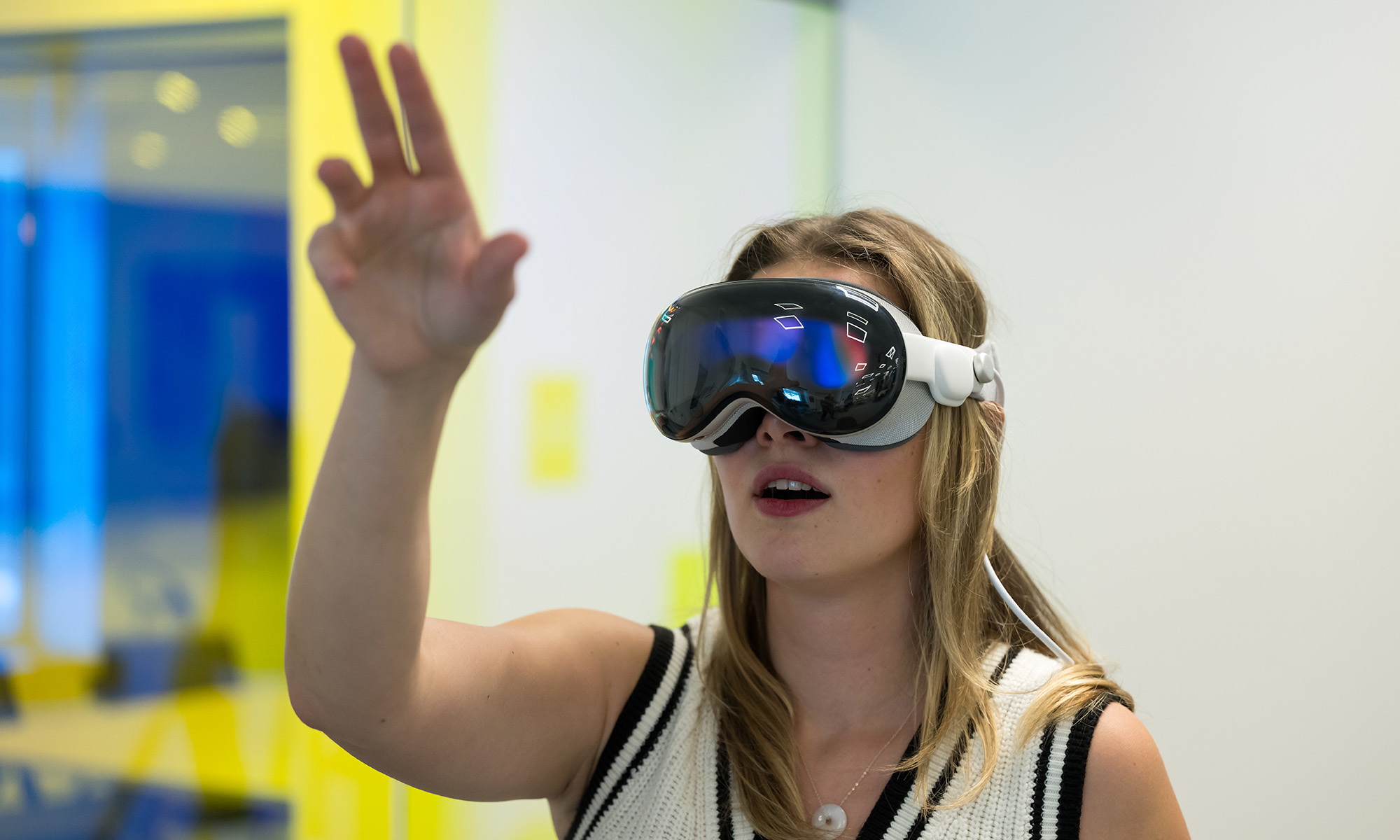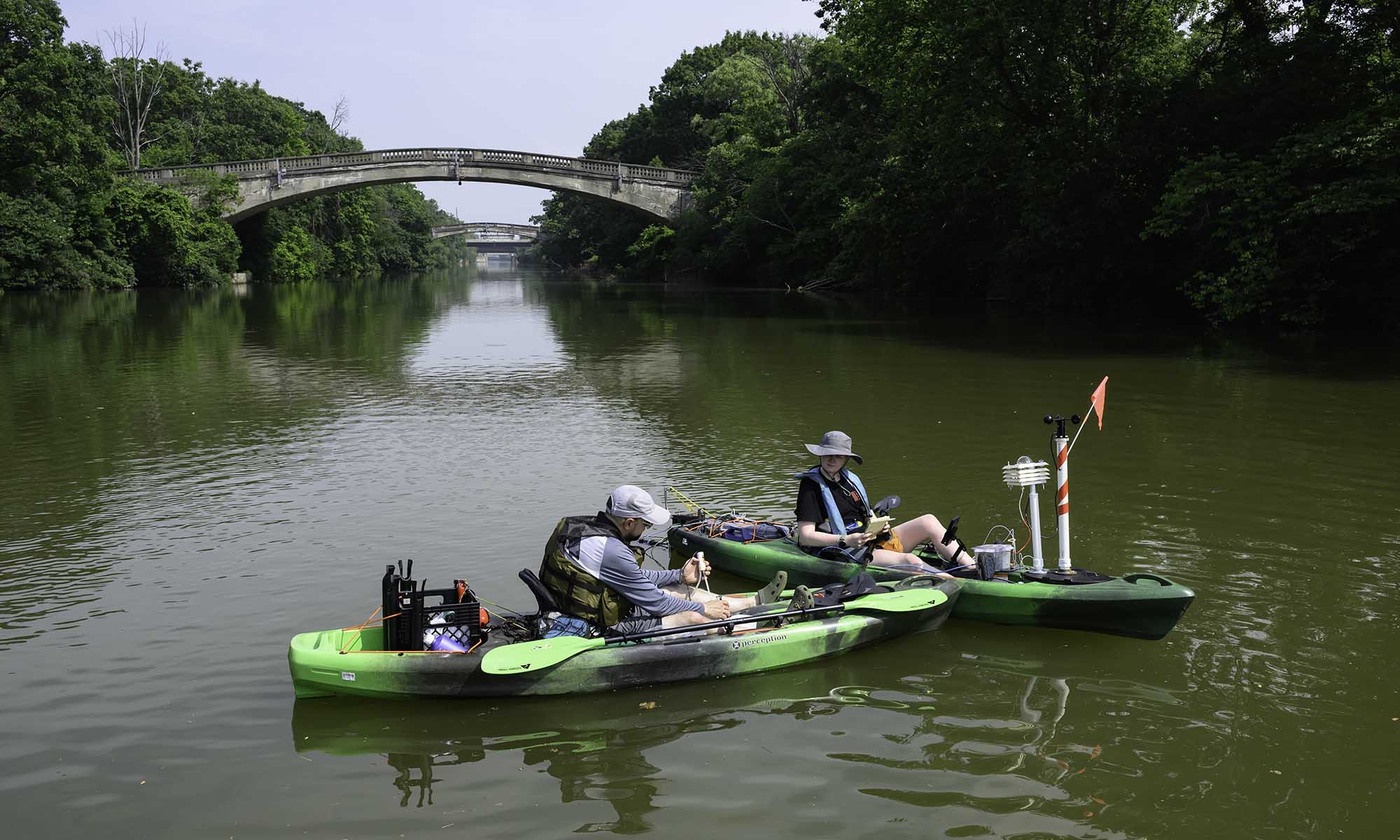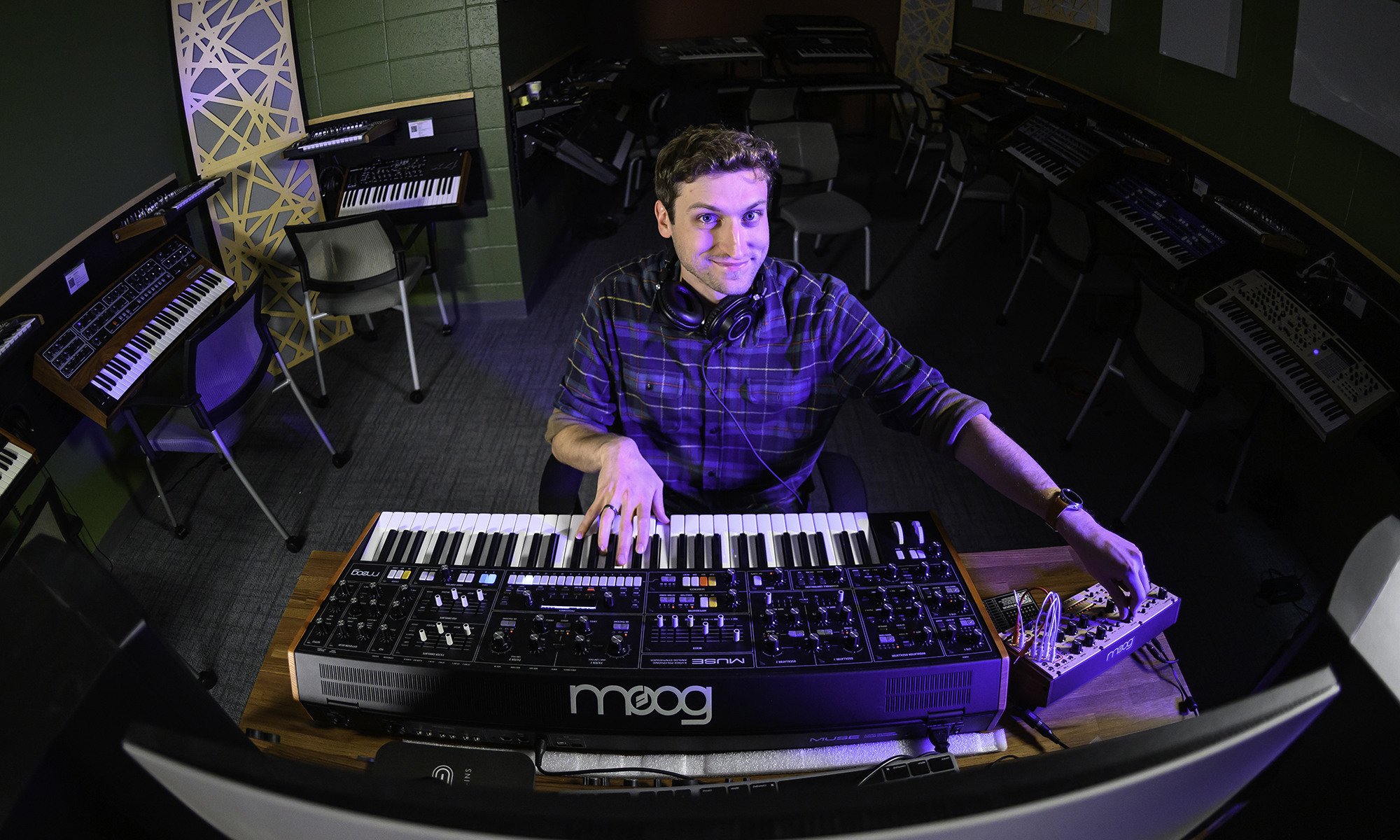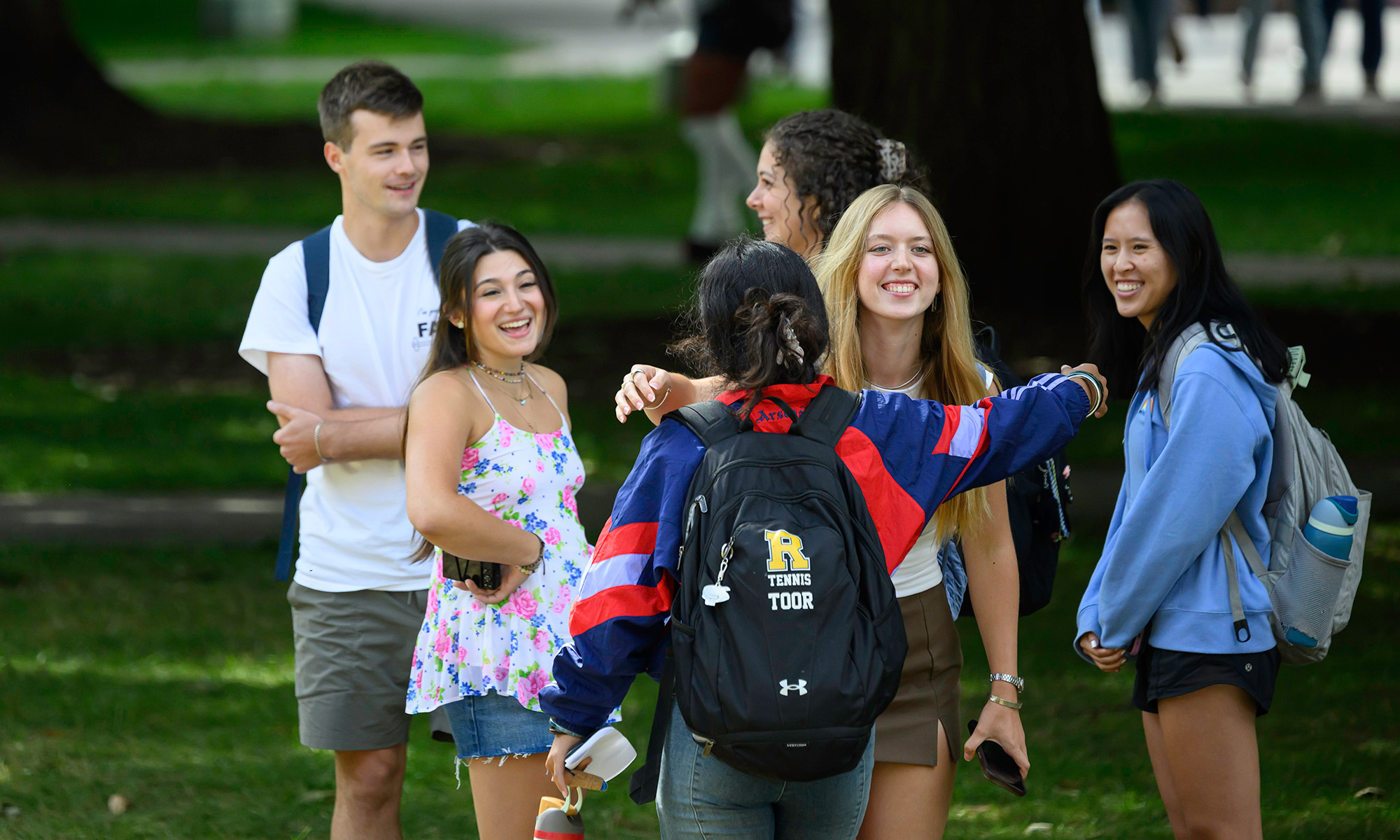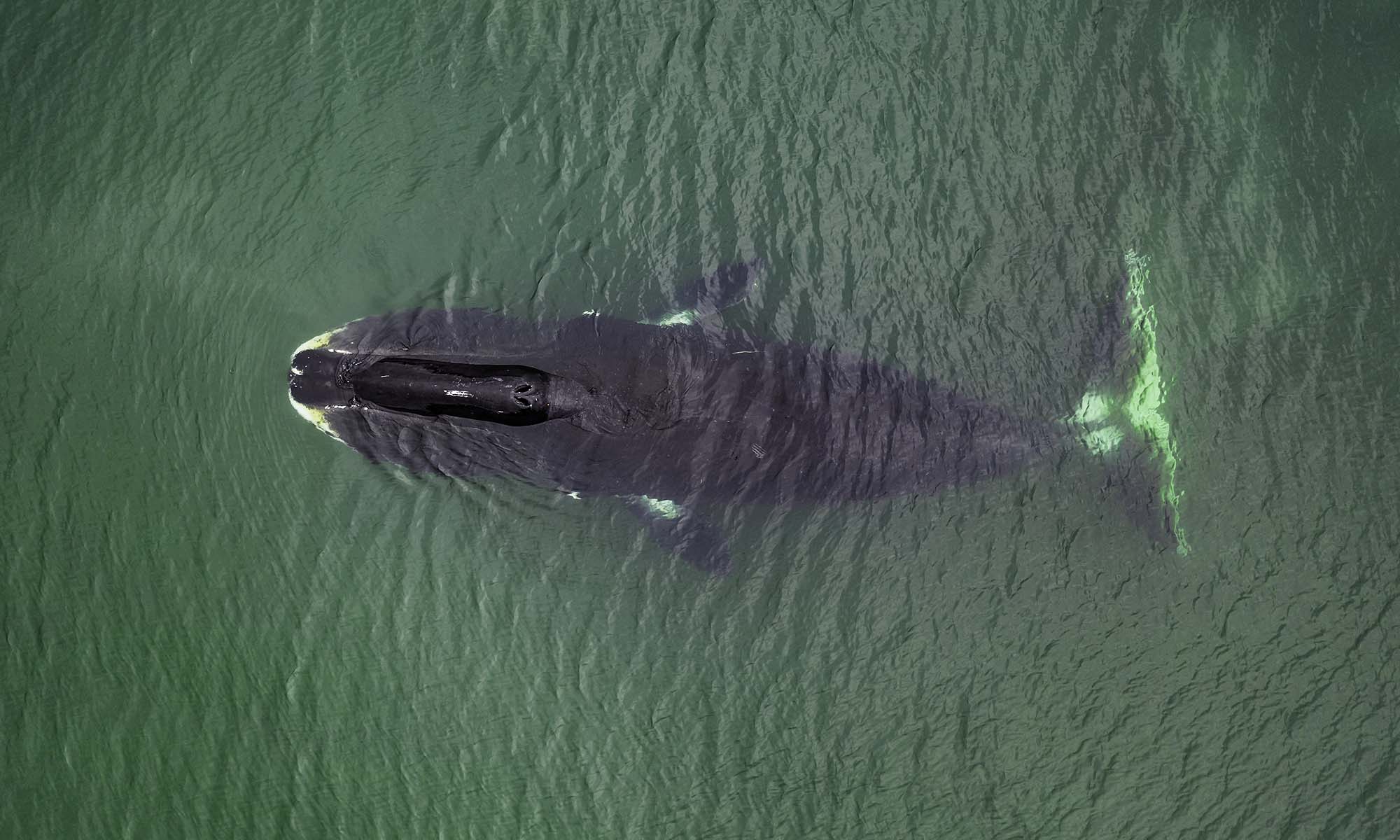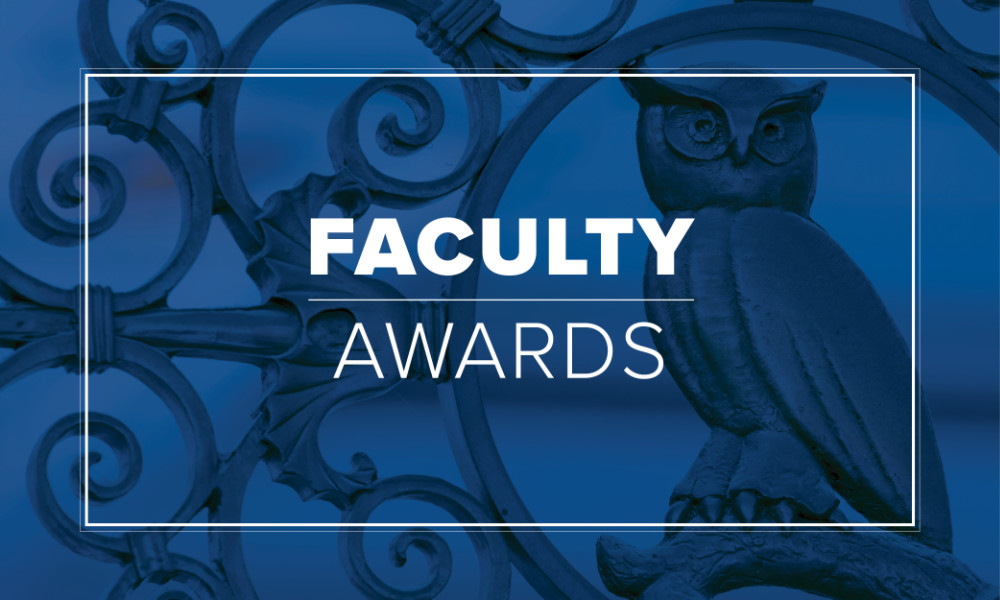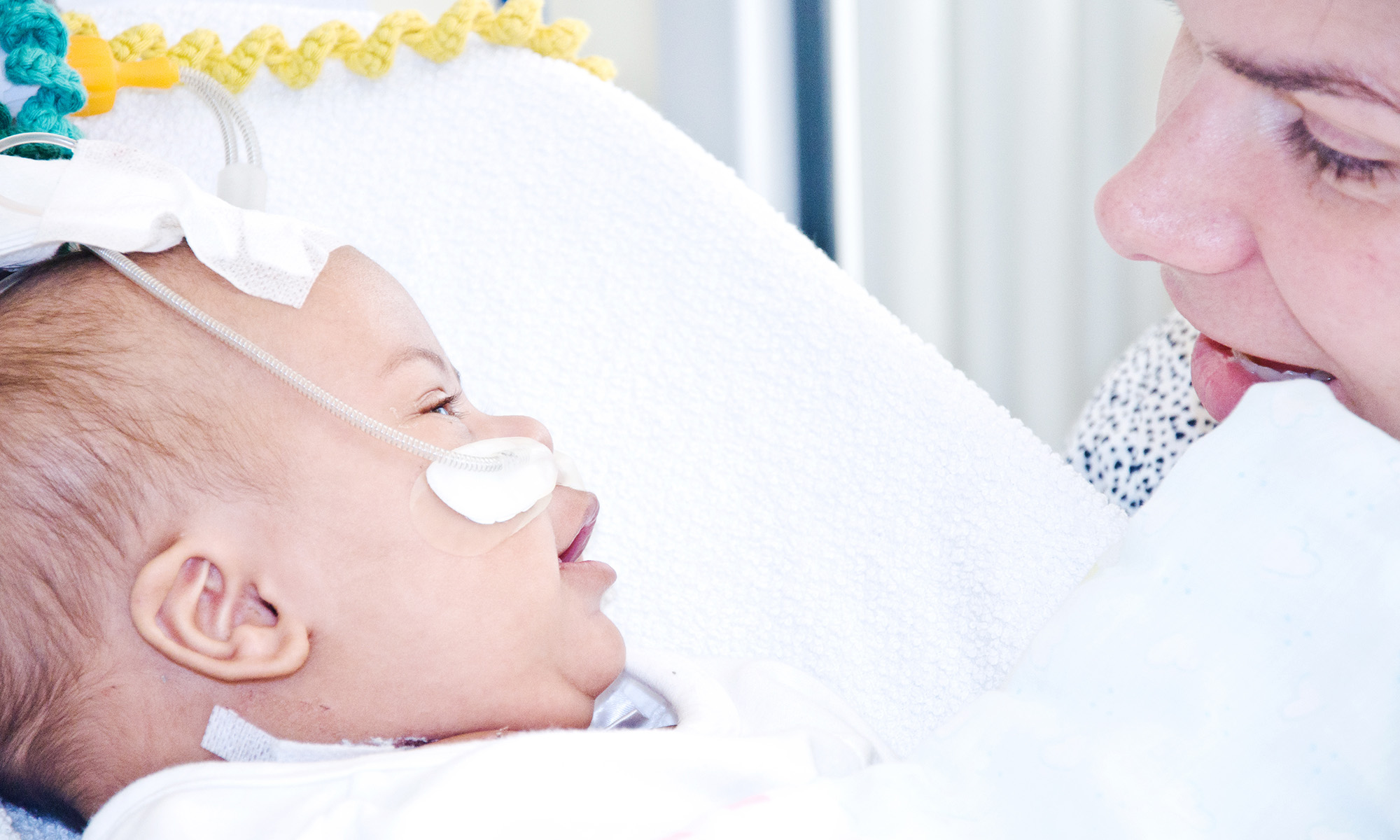
From the Magazine
This pediatrician’s wish: For RSV to be a thing of the past. We’re almost there.
An essay by Brenda Tesini, an associate professor of pediatrics who treats patients at URochester’s Golisano Children’s Hospital.
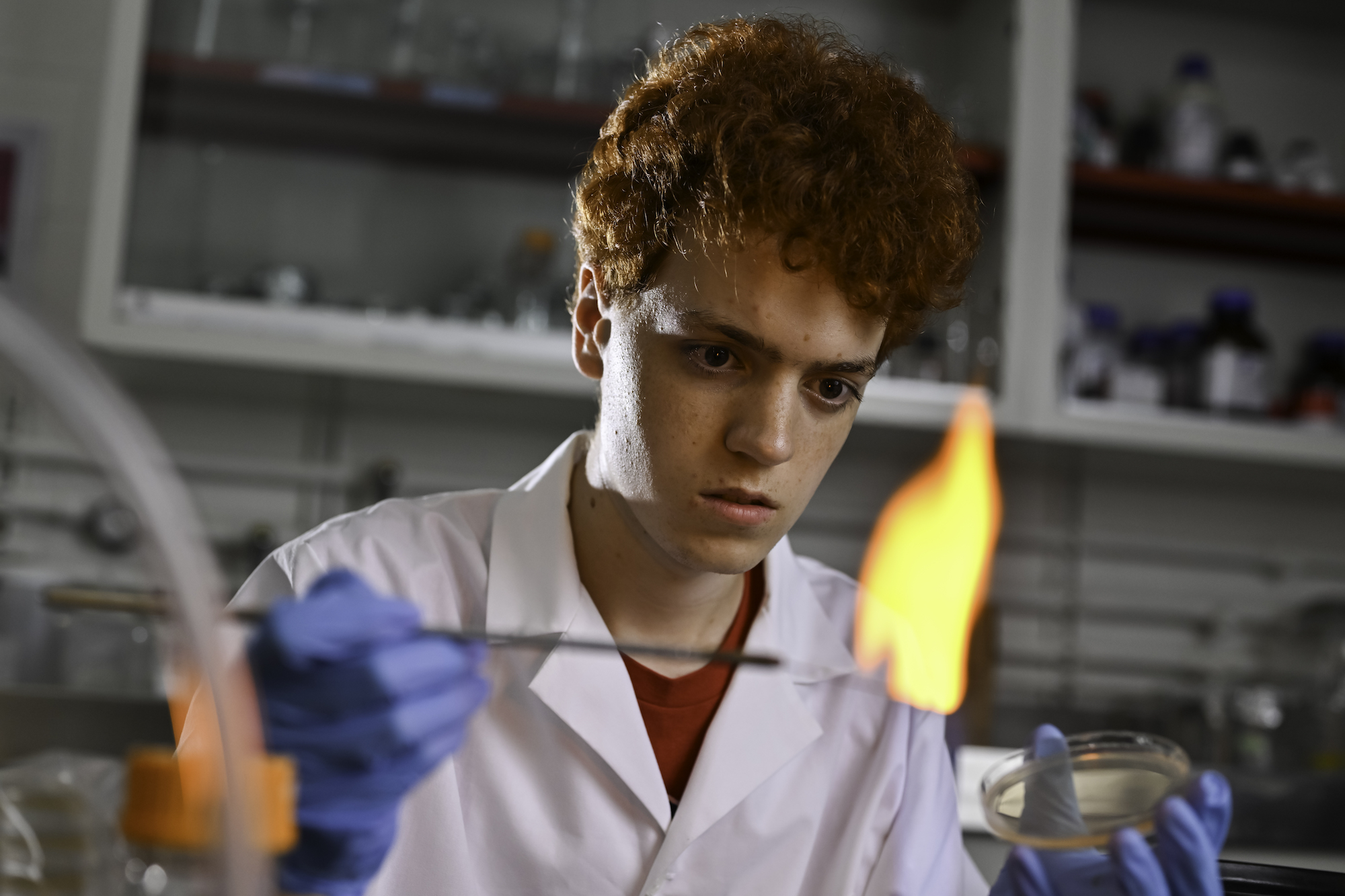
URochester students turn Martian air into plastics and fertilizer—earning top honors internationally.


